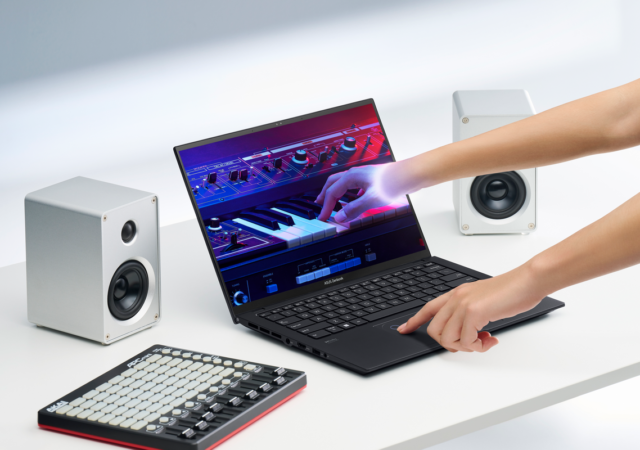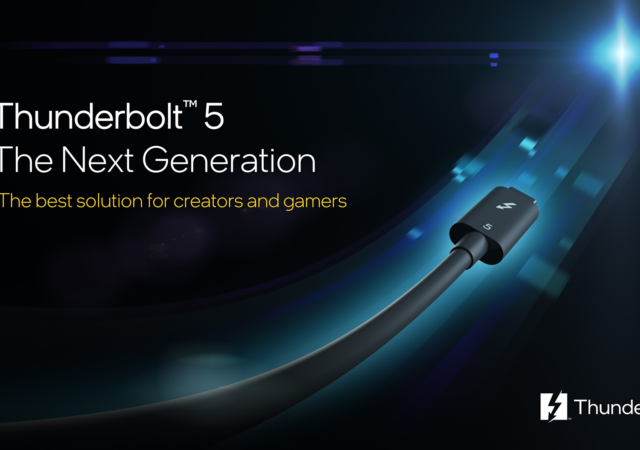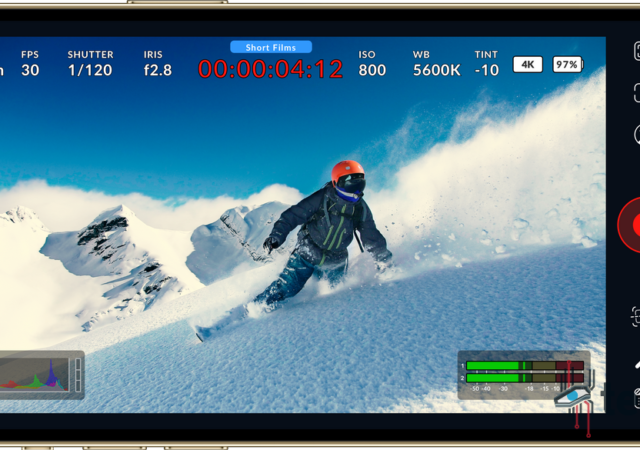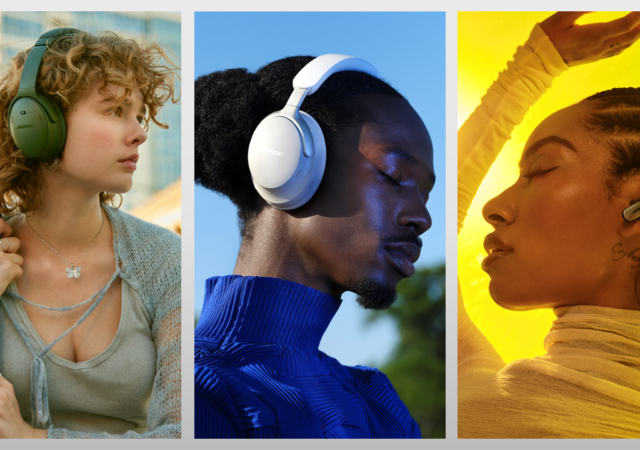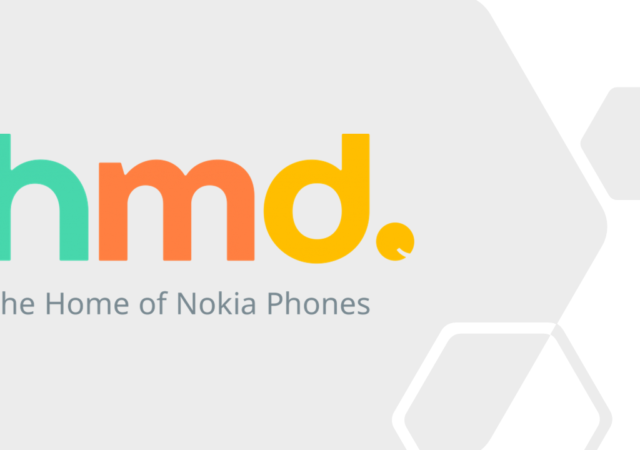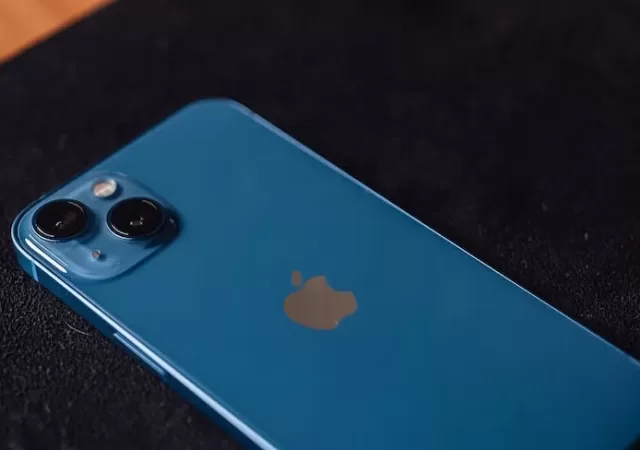The ASUS Zenbook Pro 14 OLED promises superior performance and portability. With a 13th generation Intel Core i9 processor & GeForce RTX 4070 graphics, work smarter and faster.
Final Fantasy VII REBIRTH Comes to PlayStation5 on February 29, 2024
Final Fantasy VII REBIRTH stole the show during Sony’s recent PlayStation’s State of Play. The new trailer opens with all our beloved characters, Tifa, Cloud, Sephiroth and more continuing their adventures after the events of Final Fantasy VII remake. The…
Intel Unveils Thunderbolt 5: Higher Speed, Faster Charging & Next Generation Standards
Intel has officially taken the wraps off Thunderbolt 5, the next generation of its renowned Thunderbolt connectivity technology. In a demonstration that showcased a prototype laptop and dock, Intel highlighted the remarkable improvements in speed and bandwidth that Thunderbolt 5…
The iPhone Camera Just Got Better with the Blackmagic Camera App
Transform iPhone into a powerhouse for shooting pro-level videos with the free Blackmagic Camera App. Adjust frame rates, lenses, exposure & more!
Atomicwork Launches with $11M Funding to Enhance Employee Support with AI
Atomicwork, a startup focused on improving the employee experience at work, has emerged from stealth mode with an $11 million seed funding round. Blume Ventures and Matrix Partners spearheaded the funding round, backed by Storm Ventures, Neon Fund, and notable…
Bose Unleashes New QuietComfort Lineup with new Bose Immersive Audio Technology
Take your music to a new level with the Bose QuietComfort line of audio products, providing superior noise cancellation & a live concert-like sound experience. Unlock the power of the QuietComfort series!
HMD Global Charts a New Path with Independent Smartphone Brand
HMD Global announces their own HMD brand amidst their Nokia phone developments. Learn more about the changing dynamics of the smartphone industry and why this move might be attributed to several factors.
[Google Cloud Next] Google’s Duet AI Here to Help Boost Productivity in Google Workspace
Google’s Duet AI, now in general availability, boosts productivity in Google Workspace with document summarization, Gmail assistance, and smart content generation. It enhances workflow, fact-checking, and presentation creation.
Bye Bye iPhone 13 mini – Officially Discontinued by Apple
Apple discontinues the iPhone 13 mini with the update of its lineup with the recently announced iPhone 15 family.
Unity Offices Close Amidst ‘Credible Threats’ After Pricing Change
Unity Technologies has been forced to close two of its offices in Austin, Texas and San Francisco amid safety concerns arising from ‘credible threats’.



